When Henry Ford said, the customer can have a car in any color as long as it's black, he was not joking
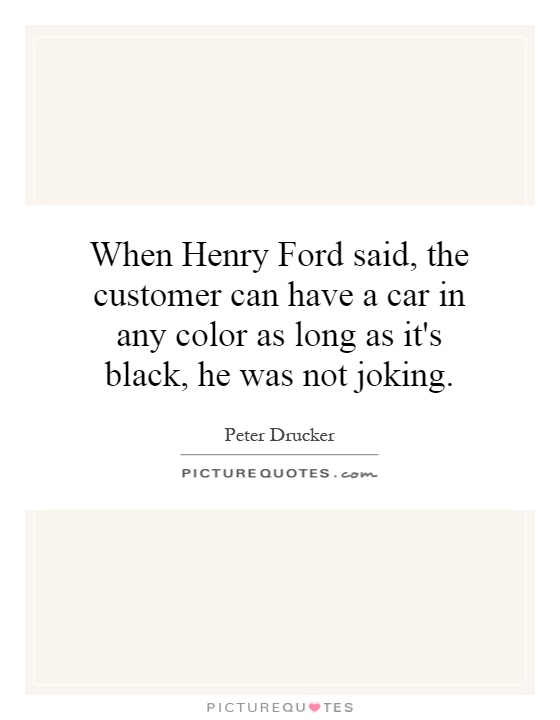
When Henry Ford said, the customer can have a car in any color as long as it's black, he was not joking
Henry Ford's famous statement, "the customer can have a car in any color as long as it's black," has become a symbol of his commitment to efficiency and standardization in the manufacturing process. Ford's decision to limit the color options for his Model T was driven by his desire to streamline production and reduce costs. By offering only one color, Ford was able to simplify the manufacturing process and increase the speed at which cars could be produced.This approach to manufacturing was revolutionary at the time and laid the foundation for modern mass production techniques. Ford's emphasis on efficiency and standardization helped him to lower the cost of his cars and make them more affordable to the average consumer. This, in turn, helped to fuel the growth of the automotive industry and revolutionize the way people lived and worked.
Peter Drucker, a renowned management consultant and author, was a strong advocate for efficiency and standardization in business. Drucker believed that organizations should strive to eliminate waste and inefficiency in order to maximize productivity and profitability. He often cited Ford's approach to manufacturing as an example of how companies could achieve success by focusing on efficiency and standardization.
Drucker also emphasized the importance of understanding and meeting the needs of customers. While Ford's decision to offer only one color may have seemed restrictive to some, it was ultimately driven by a desire to provide customers with a reliable and affordable product. By focusing on efficiency and standardization, Ford was able to deliver a high-quality product at a competitive price, which ultimately benefited his customers.
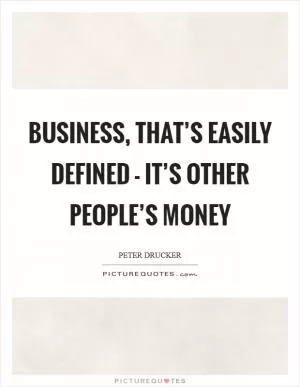

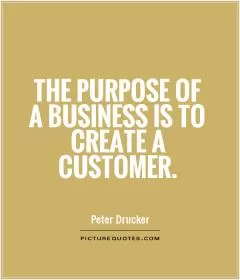






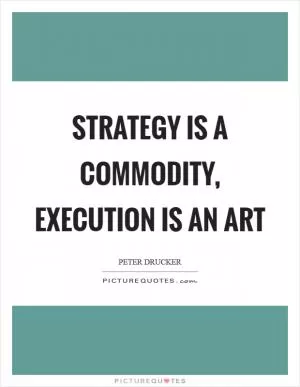

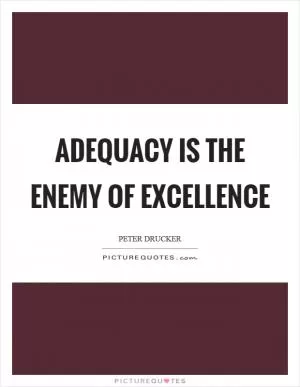
 Friendship Quotes
Friendship Quotes Love Quotes
Love Quotes Life Quotes
Life Quotes Funny Quotes
Funny Quotes Motivational Quotes
Motivational Quotes Inspirational Quotes
Inspirational Quotes